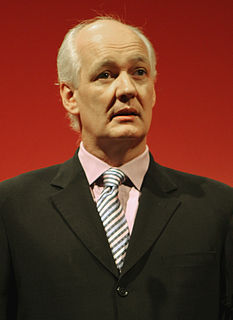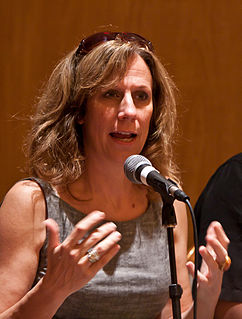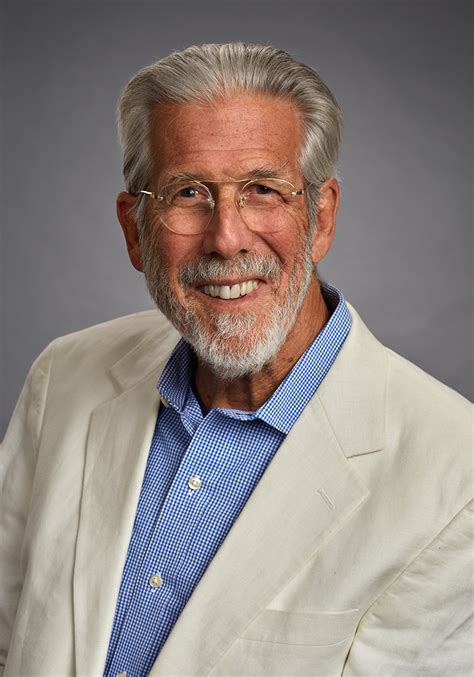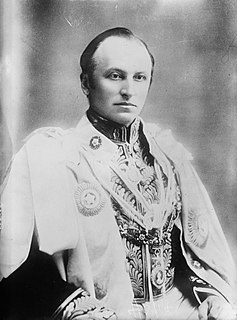A Quote by Sylvia Townsend Warner
Nine people out of ten (in Germany and England, perhaps ten people) would rather wait for their rights than fight for their rights.
Related Quotes
What's blinking red on my radar is the fact that for people who prioritize abortion rights, LGBTQ rights, or voting rights, those things are coming out of state legislatures, and some of the laws on reproduction stuff is coming out of city council, and so what's getting at me is the fact that there's just a fundamental lack of understanding that these laws are happening and being created by people who often won by ten votes in a midterm election.
Germany doesn't have a Bill of Rights, England doesn't have a Bill of Rights, nobody else has a Bill of Rights. You know, the United States is very unique, and that is in the Bill of Rights and the fact that one third of the population is armed... nobody's armed in Canada, nobody's armed in England, nobody's armed in Germany, it's amazing, the United States is a really stand alone class act.
I published a thesis about animal rights when I was studying in England in 1991. Back then, I was a human rights lawyer and people condemned me for talking about animal rights when human rights are still not guaranteed. However, human rights are guaranteed in a society where animal rights are secured.
I would rather people not smoke. I certainly appreciate the fact that smoking is not legal in restaurants and bars. That used to stop me from going out at night because you'd go someplace and your clothes would reek and you wouldn't enjoy the experience and that affects your rights. It's always a question. Whenever you are talking about these issues, it's not a question of restricting rights. It's a question of restricting whose rights, and providing for whose rights and that's a tricky balance.
At least here in Stockholm if you go out to any of our 4 metal clubs and talk to ten guys you can be sure nine of them play in a band! The bad thing is there is no underground movement here anymore. Going to a show with local band's ten years ago would mean at least 300 people, now you can be lucky if 50 shows up!
At the end of the day, these are issues that need to be discussed: femicides, among other things - immigrant rights, women's' rights, indigenous people's rights, animal rights, Mother Earth's rights. If we don't talk about these topics, then we have no place in democracy. It won't exist. Democracy isn't just voting; it's relegating your rights.
To become a chess grandmaster also seems to take about ten years. (Only the legendary Bobby Fisher got to that elite level in less than that amount of time: it took him nine years.) And what's ten years? Well, it's roughly how long it takes to put in ten thousand hours of hard practice. Ten thousand hours is the magic number of greatness.







































